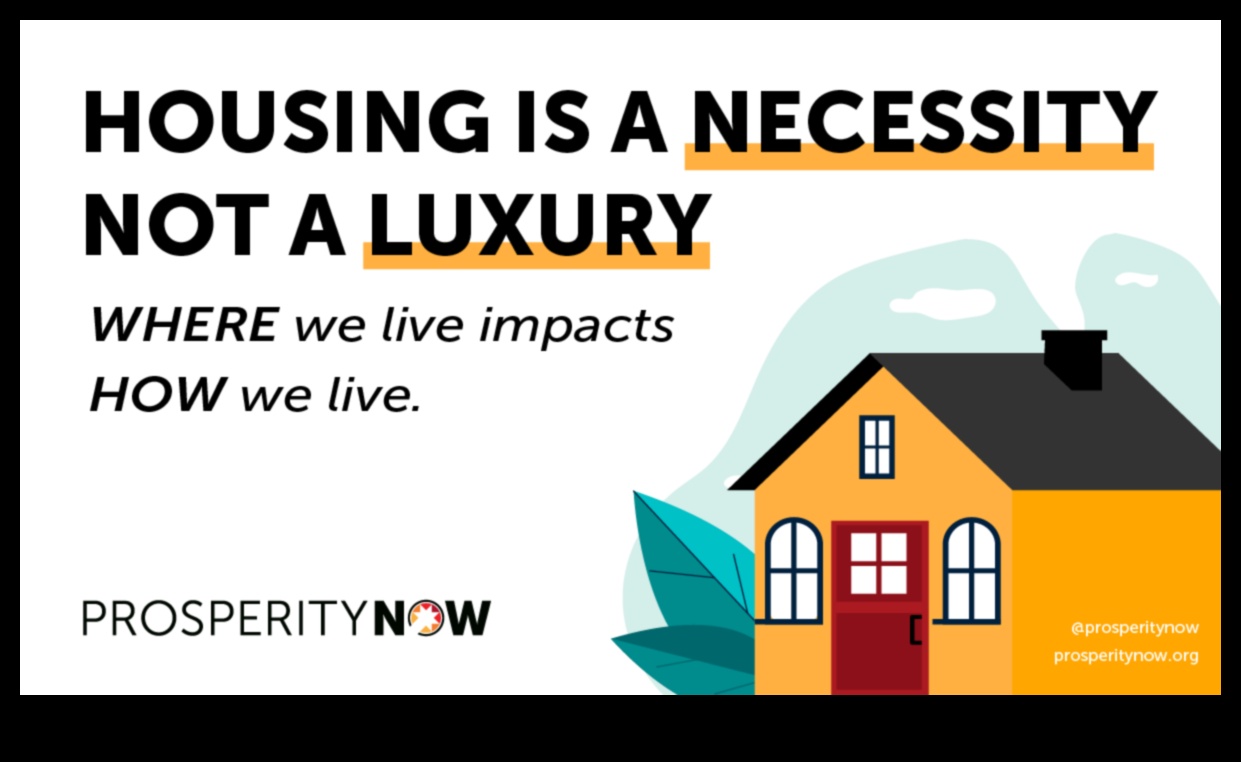
Affordable Housing
I. Affordable housing: What is it?
II. The importance of affordable housing
III. The challenges of providing affordable housing
IV. The solutions to the challenges of providing affordable housing
V. The benefits of affordable housing
VI. The cost of affordable housing
VII. The future of affordable housing
VIII. Resources for affordable housing
IX. FAQs about affordable housing
X. Conclusion
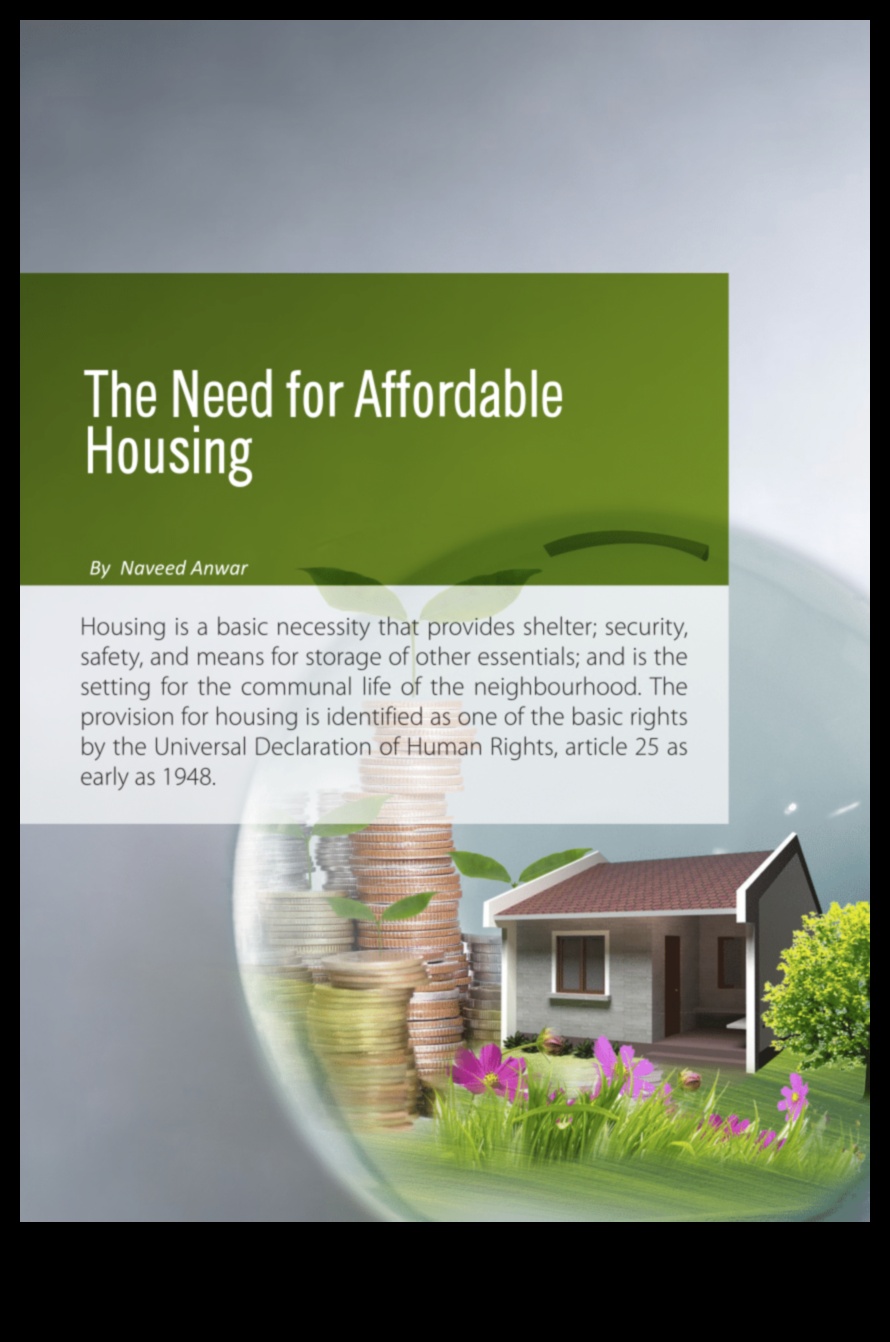
Can poor students study abroad?
* financial aid for study abroad
* scholarships for study abroad
* study abroad programs for low-income students
* cost of studying abroad
* financial assistance for study abroad
The search intent of the keyword “can poor students study abroad” is to find out if there are any financial aid options available for students who want to study abroad but don’t have the money. This keyword is often used by students who are interested in studying abroad but are worried about the cost.
There are a number of different financial aid options available for students who want to study abroad. Some of the most common options include scholarships, grants, and loans. Students can also apply for financial aid from their own country’s government or from the government of the country they want to study in.
In addition to financial aid, there are also a number of other ways for students to study abroad without spending a lot of money. For example, students can choose to study at a university in a developing country, where tuition fees are often much lower than in developed countries. Students can also choose to live with a local family or in a hostel, which can help to keep costs down.
If you are a student who is interested in studying abroad but don’t have the money, there are a number of resources available to help you find financial aid and other ways to study abroad without spending a lot of money.
| Feature | Answer |
|---|---|
| Financial aid for study abroad | There are a number of different financial aid options available for students who want to study abroad. Some of the most common options include scholarships, grants, and loans. Students can also apply for financial aid from their own country’s government or from the government of the country they want to study in. |
| Scholarships for study abroad | There are a number of scholarships available for students who want to study abroad. Some of the most common scholarships are offered by universities, governments, and private organizations. Students can find scholarships by searching online or by contacting their school’s financial aid office. |
| Study abroad programs for low-income students | There are a number of study abroad programs that are specifically designed for low-income students. These programs offer financial assistance, as well as support and guidance throughout the application process. Students can find these programs by searching online or by contacting their school’s financial aid office. |
| Cost of studying abroad | The cost of studying abroad can vary depending on the country, the university, and the length of the program. However, students can expect to pay for tuition, housing, food, and travel. |
| Financial assistance for study abroad | There are a number of resources available to help students finance their study abroad experience. These resources include scholarships, grants, loans, and work-study programs. Students can find these resources by searching online or by contacting their school’s financial aid office. |
II. The importance of affordable housing
Affordable housing is important for a number of reasons. First, it provides a safe and stable living environment for low-income families. Second, it helps to reduce poverty and inequality. Third, it can improve the health and well-being of residents. Fourth, it can help to boost the local economy.
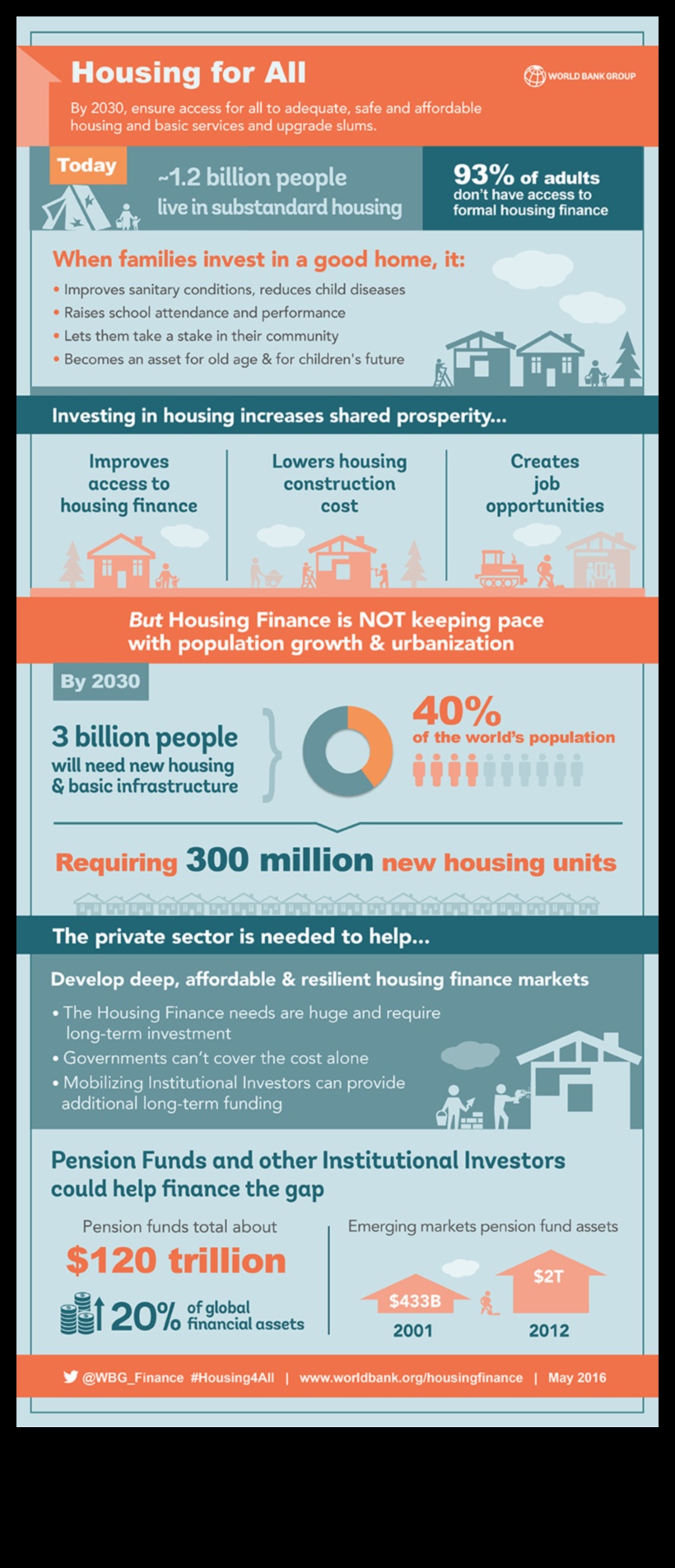
III. The challenges of providing affordable housing
There are a number of challenges to providing affordable housing, including:
- The high cost of land
- The high cost of construction
- The lack of available financing
- The lack of political will
These challenges make it difficult to build affordable housing, and as a result, there is a shortage of affordable housing in many communities. This shortage has a number of negative consequences, including:
- Homelessness
- Displacement
- Increased poverty
- Social unrest
It is important to address the challenges of providing affordable housing in order to create more affordable housing and reduce the negative consequences of the shortage of affordable housing.
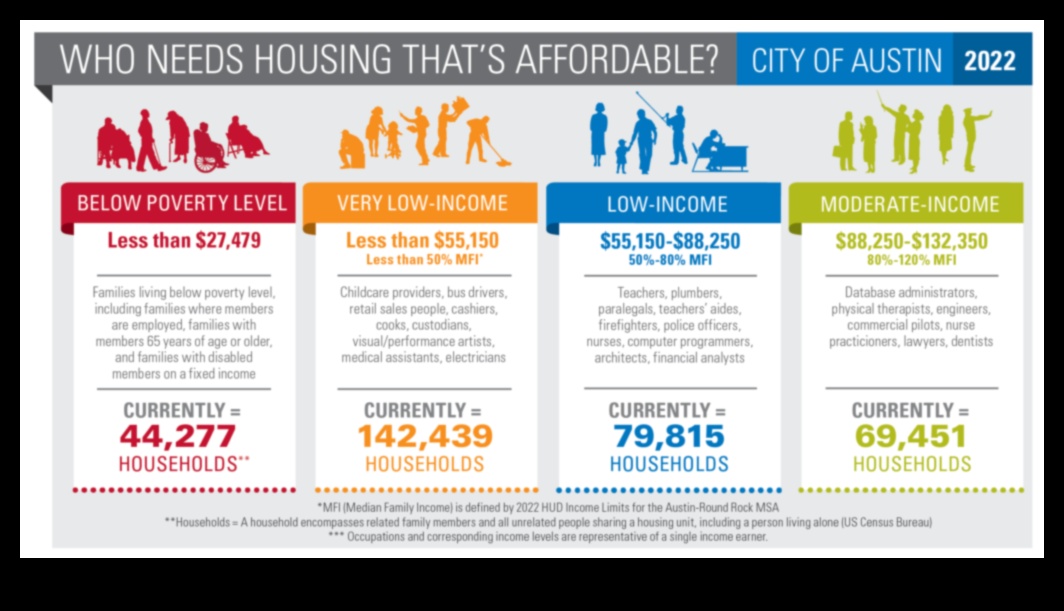
4. Can poor students study abroad?
The search intent of the keyword “can poor students study abroad” is to find out if there are any financial aid options available for students who want to study abroad but don’t have the money. This keyword is often used by students who are interested in studying abroad but are worried about the cost.
There are a number of different financial aid options available for students who want to study abroad. Some of the most common options include scholarships, grants, and loans. Students can also apply for financial aid from their own country’s government or from the government of the country they want to study in.
In addition to financial aid, there are also a number of other ways for students to study abroad without spending a lot of money. For example, students can choose to study at a university in a developing country, where tuition fees are often much lower than in developed countries. Students can also choose to live with a local family or in a hostel, which can help to keep costs down.
If you are a student who is interested in studying abroad but don’t have the money, there are a number of resources available to help you find financial aid and other ways to study abroad without spending a lot of money.
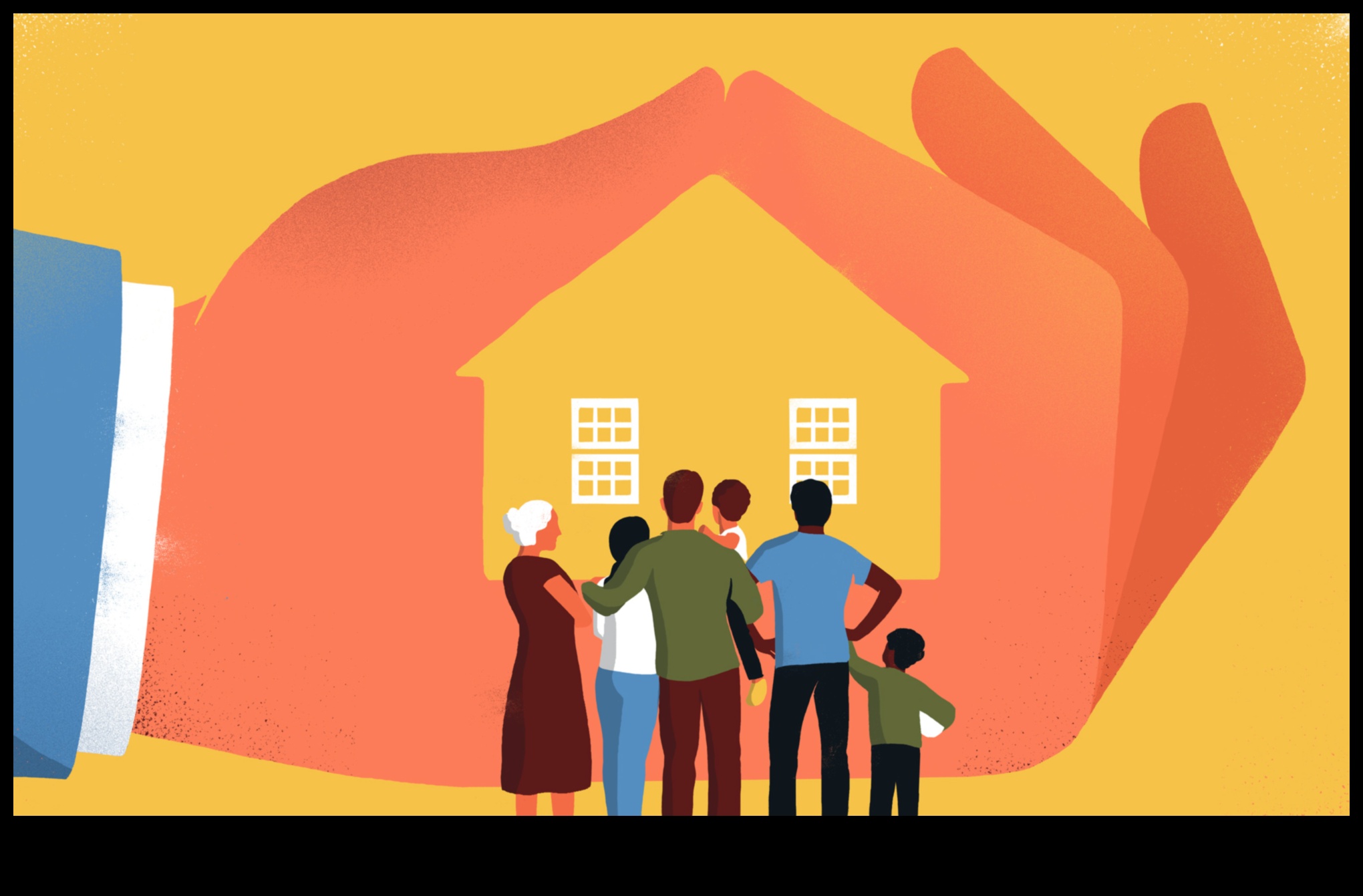
V. Benefits of affordable housing
Affordable housing provides a number of benefits for individuals and communities, including:
Increased economic opportunity: Affordable housing allows people to live in areas with good jobs and schools, which can lead to increased economic opportunity.
Reduced poverty: Affordable housing can help to reduce poverty by providing people with a stable place to live and access to resources.
Improved health: Affordable housing can lead to improved health outcomes by providing people with access to healthy food, safe neighborhoods, and quality healthcare.
Stronger communities: Affordable housing can help to create stronger communities by bringing people together and providing opportunities for social interaction.
Environmental sustainability: Affordable housing can help to promote environmental sustainability by reducing traffic congestion and pollution.
VI. The cost of affordable housing
The cost of affordable housing varies depending on the location and the type of housing. In general, affordable housing is priced at or below 30% of the median income for the area. For example, in a city where the median income is $50,000, affordable housing would be priced at $15,000 or less.
The cost of affordable housing can be a challenge for many families, especially those who are low-income. However, there are a number of government programs and initiatives that can help families find affordable housing. These programs include:
* The Low-Income Housing Tax Credit (LIHTC)
* The Housing Choice Voucher Program (HCV)
* The Section 8 Housing Program
* The Public Housing Program
These programs can provide families with financial assistance to help them pay for rent or to purchase a home. They can also provide families with counseling and support to help them find affordable housing that meets their needs.
In addition to government programs, there are also a number of private organizations that can help families find affordable housing. These organizations include:
* Habitat for Humanity
* The Salvation Army
* The United Way
* The YMCA
These organizations can provide families with financial assistance, counseling, and support to help them find affordable housing that meets their needs.
VII. The future of affordable housing
The future of affordable housing is uncertain. There are a number of factors that could impact the availability and affordability of affordable housing in the coming years, including:
* The economy: The state of the economy has a significant impact on the demand for affordable housing. When the economy is strong, more people are able to afford to buy homes, which can lead to a decrease in the supply of affordable housing.
* Government policies: Government policies can also have a significant impact on the availability and affordability of affordable housing. For example, policies that increase the supply of affordable housing or make it easier for people to qualify for housing assistance can help to make affordable housing more accessible.
* Demographic changes: Demographic changes, such as an increase in the number of single-parent households or an aging population, can also impact the demand for affordable housing.
It is difficult to predict what the future of affordable housing will hold. However, by understanding the factors that could impact the availability and affordability of affordable housing, we can better prepare for the challenges that lie ahead.
Resources for affordable housing
There are a number of resources available to help people find affordable housing. These include:
- Government programs: The U.S. Department of Housing and Urban Development (HUD) offers a number of programs to help people find affordable housing, including housing vouchers, public housing, and rent subsidies.
- Nonprofit organizations: There are a number of nonprofit organizations that provide assistance with affordable housing, including Habitat for Humanity, the National Low Income Housing Coalition, and the Salvation Army.
- Private lenders: Some private lenders offer loans to people who are looking for affordable housing. These loans may be offered at below-market interest rates or with other favorable terms.
In addition to these resources, there are a number of other ways to find affordable housing. These include:
- Search online: There are a number of websites that list affordable housing options. These websites include HUD’s Housing Choice Voucher Exchange, the National Low Income Housing Coalition’s Housing Portal, and Craigslist.
- Talk to your landlord: If you are already renting an apartment, you may be able to negotiate a lower rent. You may also be able to apply for a rent increase freeze or rent assistance.
- Contact your local housing authority: Your local housing authority may be able to help you find affordable housing. The housing authority may also be able to provide you with information about housing programs and resources.
If you are struggling to find affordable housing, there are a number of resources available to help you. By using these resources, you can increase your chances of finding a safe and affordable place to live.
FAQs about affordable housing
1. What is affordable housing?
Affordable housing is housing that is priced so that low-income households can afford to pay the rent or mortgage. The definition of affordable housing varies from country to country, but it typically refers to housing that costs no more than 30% of a household’s income.
2. Why is affordable housing important?
Affordable housing is important for a number of reasons. First, it helps to ensure that low-income households have a place to live. Second, it can help to reduce poverty and inequality. Third, it can improve the quality of life for low-income families.
3. What are the challenges of providing affordable housing?
There are a number of challenges to providing affordable housing. First, the cost of housing has been rising steadily in recent years. Second, there is a shortage of affordable housing units in many countries. Third, there is a lack of political will to address the affordable housing crisis.
4. What are the solutions to the challenges of providing affordable housing?
There are a number of solutions to the challenges of providing affordable housing. First, governments can provide financial assistance to developers to build affordable housing units. Second, governments can provide tax breaks to developers who build affordable housing units. Third, governments can work with community organizations to create affordable housing cooperatives.
5. What are the benefits of affordable housing?
There are a number of benefits to affordable housing. First, it helps to ensure that low-income households have a place to live. Second, it can help to reduce poverty and inequality. Third, it can improve the quality of life for low-income families.
6. What is the cost of affordable housing?
The cost of affordable housing varies from country to country, but it typically ranges from \$200,000 to \$400,000 per unit.
7. What is the future of affordable housing?
The future of affordable housing is uncertain. The cost of housing is expected to continue to rise, and the shortage of affordable housing units is expected to persist. However, there are a number of promising initiatives underway to address the affordable housing crisis.
8. Resources for affordable housing
There are a number of resources available to help you find affordable housing. Here are a few of them:
- U.S. Department of Housing and Urban Development (HUD)
- National Housing and Loan Board (NHLB)
- Section 8 Housing Choice Voucher Program
- California Department of Housing and Community Development
X. Conclusion
FAQs about affordable housing
Q: What is affordable housing?
A: Affordable housing is housing that is priced within the means of low-income households. The definition of affordable housing varies depending on the location, but it typically refers to housing that costs no more than 30% of a household’s income.
Q: Why is affordable housing important?
A: Affordable housing is important for a number of reasons. It can help to improve economic opportunity, reduce poverty, and promote social justice. Affordable housing can also help to create healthier communities and improve the quality of life for all residents.
Q: What are the challenges of providing affordable housing?
A: There are a number of challenges to providing affordable housing. These include the high cost of land and construction, the lack of available land in desirable locations, and theNIMBY (Not In My Backyard) effect.